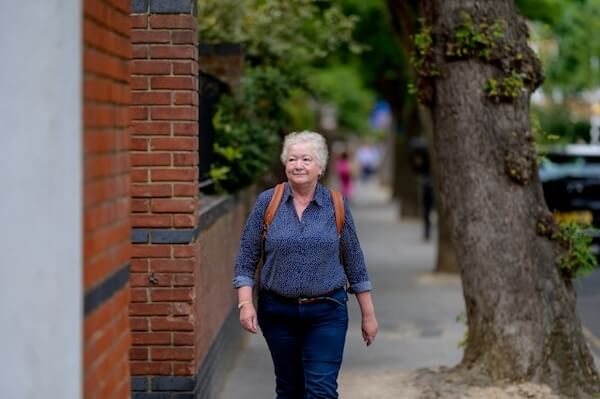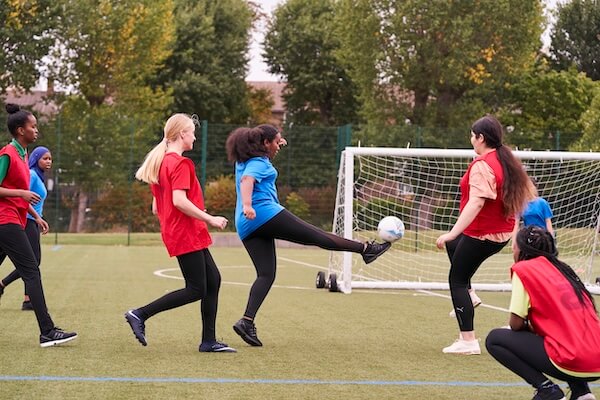
Good news for Aussies who aren’t fans of intense workouts – just moving more each day, even with light activities like housework or errands, could help reduce your risk of cancer.
A new study published in the British Journal of Sports Medicine (March 2025) shows that the number of steps you take each day might be more important than how fast you take them when it comes to lowering your cancer risk.
Moving More, Sitting Less
The research, led by the National Institutes of Health and the University of Oxford, followed over 85,000 adults in the UK and found that those who were more active – regardless of whether they exercised hard or just stayed lightly on the move – had a significantly lower risk of developing cancer.
Participants wore wrist devices that tracked their movement and step count over a week. After nearly six years of follow-up, those who moved the most had up to 26% lower risk of developing certain cancers (like breast and bowel cancer) compared to the least active group.
Even better? Swapping out sedentary time – think long hours sitting at work or on the couch – with light activities like walking, tidying up, or even gardening made a noticeable difference.
Steps That Make a Difference
While many of us focus on hitting 10,000 steps a day, the study showed benefits with fewer:
- 7,000 steps/day = 11% lower cancer risk
- 9,000 steps/day = 16% lower cancer risk
After 9,000 steps, the benefits levelled off, meaning you don’t need to hit huge numbers to make an impact on your health.
Interestingly, how fast you walked didn’t matter – it was simply the number of steps that counted. So whether you’re strolling the dog, walking to the bus stop, or pottering around the house, it all adds up.
What This Means for Aussies
This study is a great reminder that every bit of movement counts. You don’t have to be a gym junkie or marathon runner to benefit – just moving your body more throughout the day can go a long way.
Here are a few simple ways to add more movement to your day:
- Walk around during phone calls
- Take the stairs instead of the lift
- Do a quick tidy-up or hang out the washing
- Get off the bus a stop early
- Schedule short walking breaks during work
Final Thoughts
This research supports what many health experts have been saying for years: just move more. Whether it’s a walk around the block or some light gardening, your daily activity – no matter the intensity – can help protect your health.
So lace up your runners, pop on a podcast, and remember – every step you take is a step towards better health.






